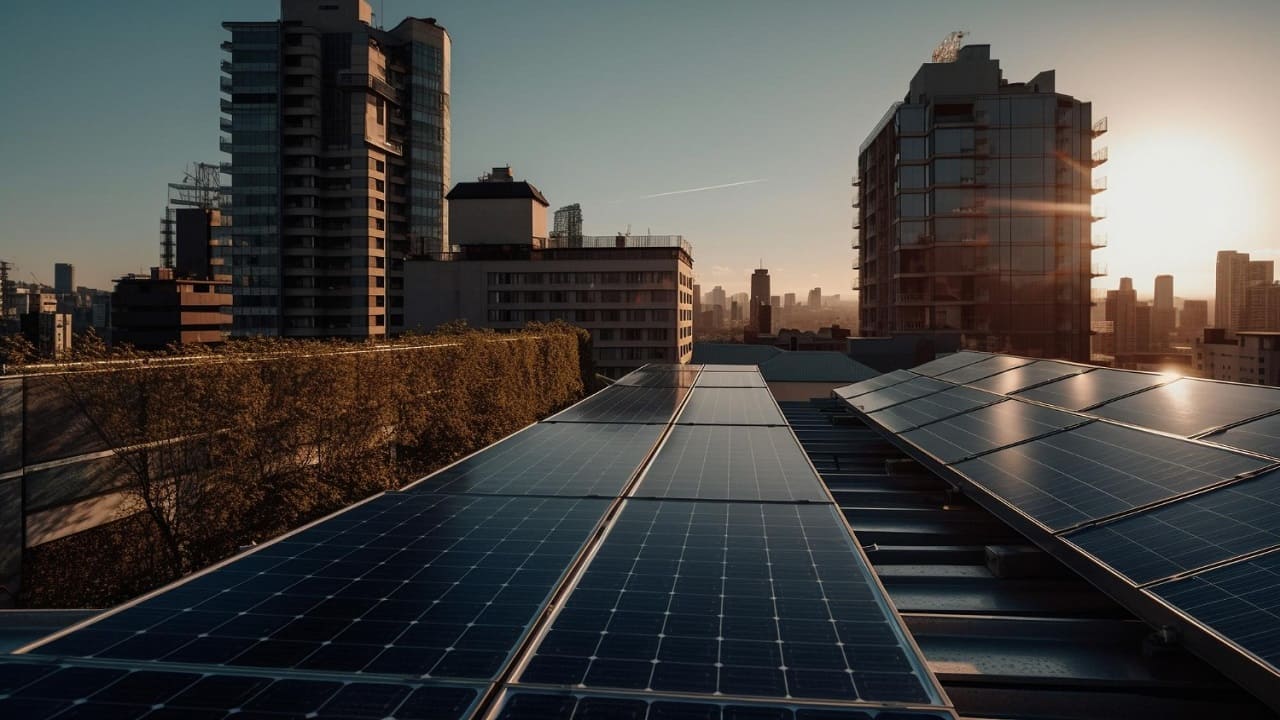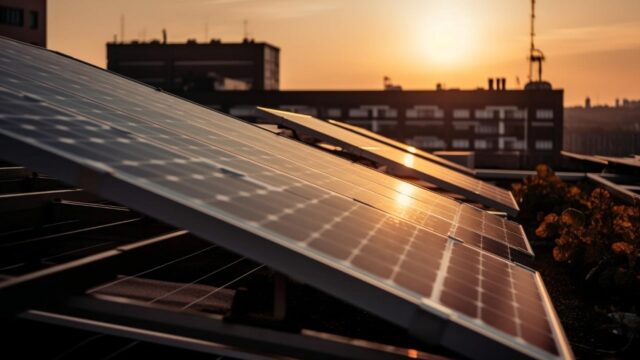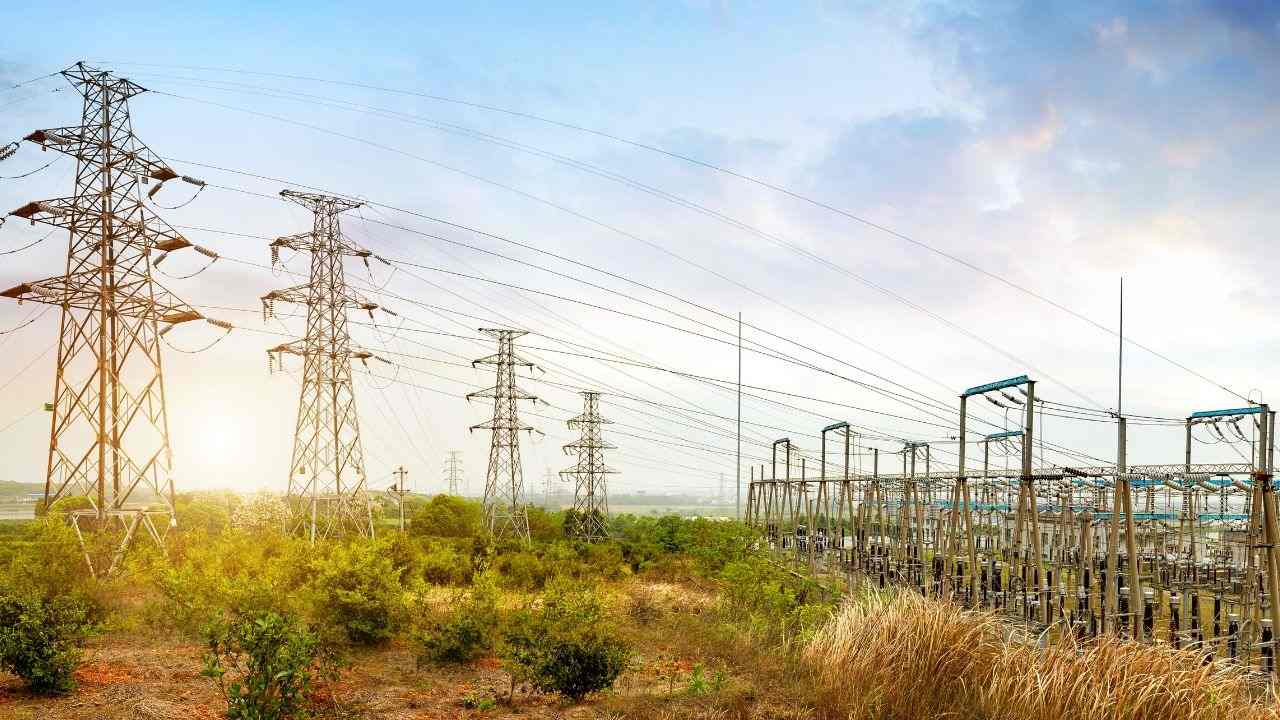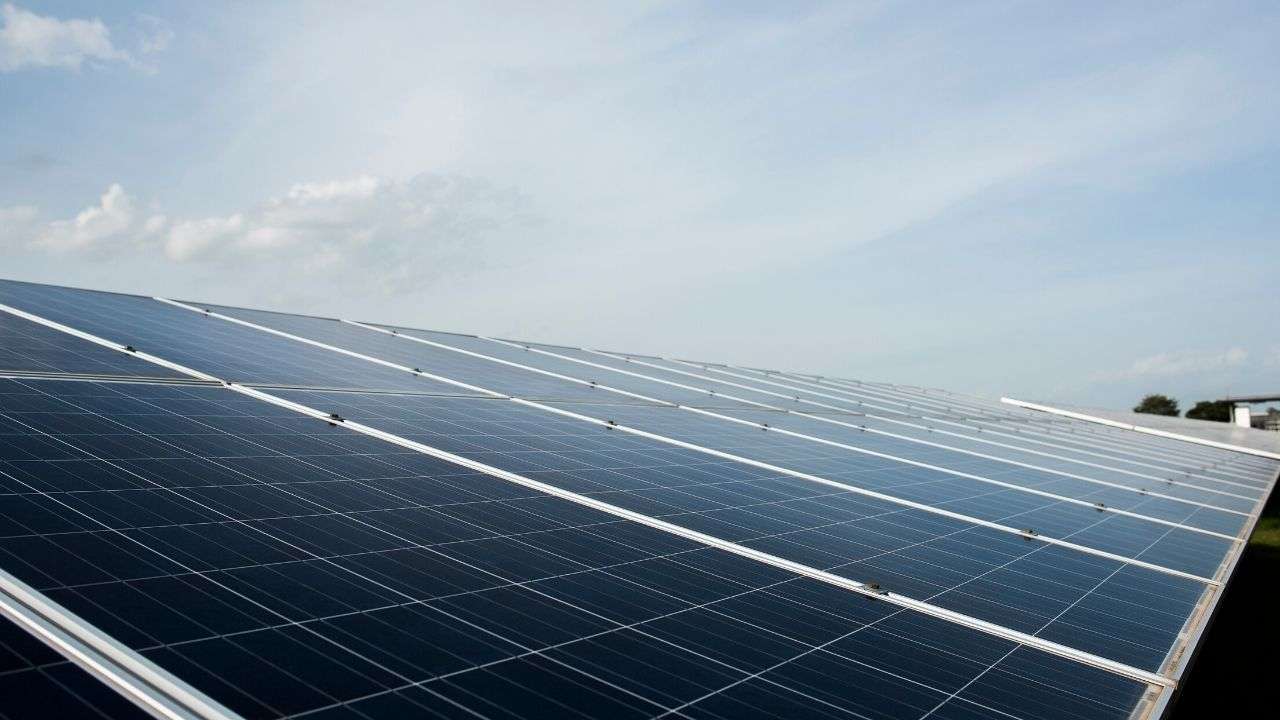Rooftop Solar Power Regulations. Empowering a Green Future in Vietnam.


The development of a legal framework for rooftop solar power systems in Vietnam is a crucial step towards harnessing the country’s renewable energy potential. As a tropical country with high solar irradiance, Vietnam has the capacity to become a leader in solar energy production in the Asia-Pacific region. The implementation of rooftop solar power regulations is not only a reflection of global trends towards sustainable energy but also a strategic move for Vietnam’s energy security and environmental commitments.
The Ministry of Industry and Trade in Vietnam is proposing to develop mechanisms for the advancement of rooftop solar power, including a wide range of participants and practical applications to promote this energy source. However, the process of crafting a government decree on rooftop solar power regulations requires time to perfect the documents and consult with relevant parties, while many businesses and residents eagerly anticipate the new framework.
Rooftop Solar Power Regulations: Expanding Participation
The proposed rooftop solar power regulations are being finalized to include in the legislative construction program. Based on feedback from related parties and agreement to include this content in the legislative program, the Ministry of Industry and Trade will draft a decree for consideration and issuance by the government. However, the timeframe for developing the decree on rooftop solar power development, including drafting rooftop solar power regulations, may be lengthy.
Furthermore, the government’s direction for rooftop solar power development at the decree level will have a wider scope, not limited to residential systems, government buildings, and industrial zones, but also including various entities such as shopping centers, service areas, and rooftops within industrial zones. This expansion means that the groups encouraged to develop rooftop solar power may be broader than those in the most recent draft decree on rooftop solar power regulations constructed by the Ministry of Industry and Trade.
Previously, the draft decree only encouraged the development of rooftop solar power systems installed in residential houses and government buildings for self-consumption without selling electricity to other organizations or individuals, but with grid connection as per the agreement.
In addition to expanding the target group, the new mechanism is expected to encourage rooftop solar power with potential tax, fee, and charge incentives as per legal regulations. State agencies prioritize budget allocations for the development of rooftop solar power at their facilities.
The Ministry of Industry and Trade assures that the new mechanism does not propose policies that create additional administrative procedures for ministries, but administrative procedures are necessary to monitor the development of rooftop solar power systems as required by the state and should be implemented by local authorities.
Pending Rooftop Solar Power Regulations
While waiting for the new policy and in particular rooftop solar power regulations, many solar power businesses and manufacturers express urgency as there have been no specific regulations since the expiration of the previous incentive scheme in 2020. The demand for installing rooftop solar power on factory roofs and industrial zones is rising in the manufacturing sectors of FDI companies in Vietnam, especially in the electronics, semiconductor, and textile industries.
With commitments to net-zero emissions, international brands and manufacturers in Vietnam need to meet renewable energy transition requirements, presenting an opportunity for the distributed solar energy market to grow in Vietnam.
What businesses first require is a legal corridor to deploy rooftop solar power models on their factory roofs, even if solely for on-site manufacturing use.
Beyond residential households, many manufacturing businesses also need rooftop solar power to meet emission reduction targets, sustainable development practices, or to comply with green environmental standards (LEED, Lotus…), including renewable energy usage rates from the global supply chain.
Therefore, if policies are flexibly built for households, office premises, and manufacturing businesses, it will maximize the advantages of rooftop solar power while contributing to the country’s broader goals of energy transition, emission reduction, and the Net Zero target by 2050.
For instance, businesses could be prioritized for self-production and self-consumption models, with grid connections but not selling electricity to the national grid. For households, the focus could be on self-consumption, possibly regulating the proportion of on-site energy use in areas that need priority, like the North, to encourage investment and avoid electricity waste.
In conclusion, establishing rooftop solar power regulations in Vietnam is essential. These regulations will not only bolster the clean energy sector but also encourage economic growth, reduce environmental impact, and support Vietnam’s sustainability goals. The detailed legal framework will provide clarity and security for investors and users alike, ensuring the strategic and efficient utilization of Vietnam’s solar potential. As the country looks towards a greener future, the role of well-crafted rooftop solar power regulations becomes increasingly significant.
About ANT Lawyers, a law firm in Vietnam
We help clients overcome cultural barriers and achieve their strategic and financial outcomes, while ensuring the best interest rate protection, risk mitigation and regulatory compliance. ANT lawyers has lawyers in Ho Chi Minh city, Hanoi, and Danang, and will help customers in doing business in Vietnam.
How ANT Lawyers Could Help Your Business?
You could reach ANT Lawyers in Vietnam for advice via email ant@antlawyers.vn or call our office at (+84) 24 730 86 529
Recent Posts
6 Smart Moves to Improve ESG for Exporters in Vietnam and Unlock Global Trade Advantages
The World Is Watching You have the product. The factory is certified. Your logistics are…
7 Essential Truths to Open an Indirect Investment Account in Vietnam and Grow with Confidence
Do you want to invest overseas into Vietnam? Do you want to open an indirect…
5 Crucial Facts About ESG Laws in Vietnam That Could Save Your Business and Reputation
The Business World Is Changing Fast Rules are shifting. Expectations are rising. Eyes are watching. …
7 Powerful Reasons Why ESG Compliance in Vietnam Will Win You Trust, Growth, and Global Clients
Trust matters. Today, more than ever. Across industries, many companies are now being asked. directly…
7 Bold Reasons Why Tokenization in Vietnam Could Transform Your Future
Change is coming. Quietly. Digitally. Rapidly. Let’s imagine the situation, which assets are no longer…
Vietnam P2P Lending: 5 Bold Reasons Why Decree 94/2025 Could Empower Millions or Backfire?
A New Financial Chapter Begins in Vietnam One person lends. Another borrows. It’s that simple.…






